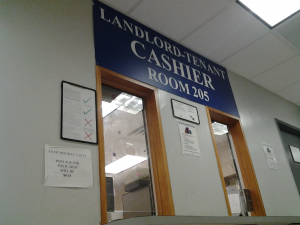 New York Governor Andrew Cuomo recently signed a bill into law that would impose fines on Airbnb hosts who do not follow local housing laws. For our blog readers who may not be familiar with Airbnb, it is a web-based service that allows property owners and tenants to rent out their properties for a short period of time, often to tourists visiting their home city.
New York Governor Andrew Cuomo recently signed a bill into law that would impose fines on Airbnb hosts who do not follow local housing laws. For our blog readers who may not be familiar with Airbnb, it is a web-based service that allows property owners and tenants to rent out their properties for a short period of time, often to tourists visiting their home city.
For example, a person with an apartment or home in an area where tourists may visit can list their property on Airbnb, giving a proposed rental price as well as the dates on which the property is available for short-term rental. Anyone responding to the listing may “rent” the property for a short period of time, sometimes just for a few days or less than a week.
Prior blog posts have discussed the legal issues associated with these short-term rentals. These issues generally arise more often in large cities, many of which have strict laws regarding short-term property rentals. For example, many co-ops and condominiums have strict rules regarding sublets, which is what the Airbnb listings constitute. Their governing documents, such as the proprietary lease, house rules, and condominium by-laws, usually restrict the owners from renting their properties for a short term, usually less than a month. In addition, board approval is often required for any sublets in many buildings. The reason for these rules is that most buildings prefer that their units be occupied by their owners, and not by sublessees. An exception to these rules may be where the owner is actually present during the proposed occupancy. It is important to review the rules regarding sublets for any building in which an individual may be considering purchasing a unit, as they will likely prohibit an Airbnb-type short-term rental.












